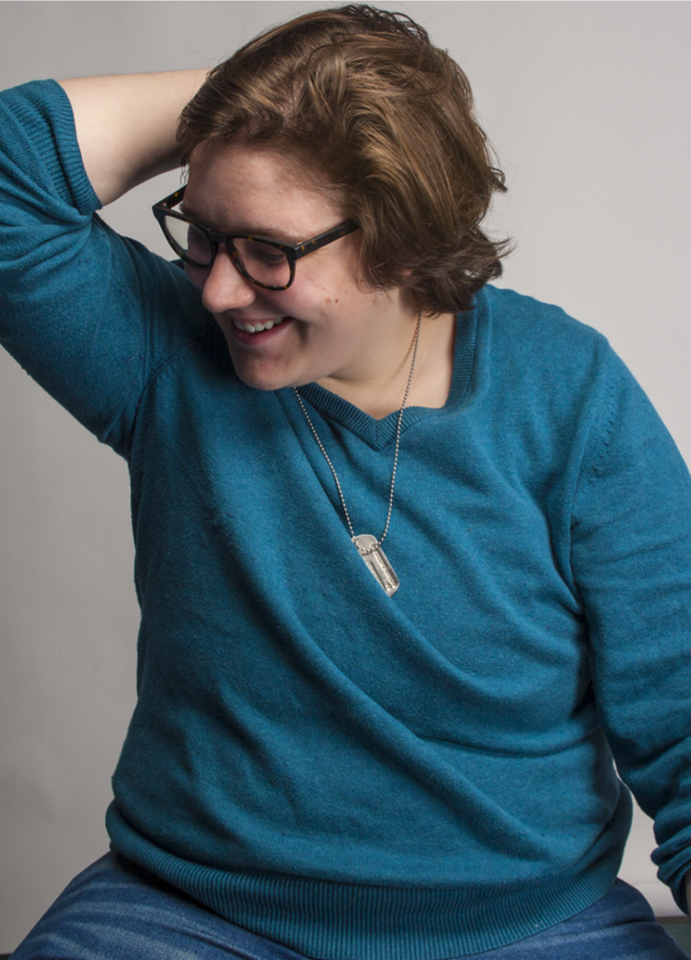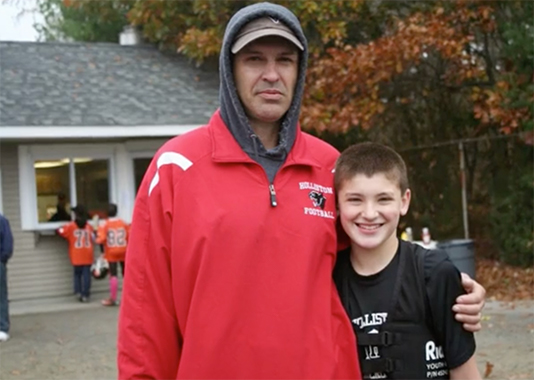Jill Carty’s adventure in Seychelles
by Brian Carey
Two days of traveling came to an end when Jill Carty arrived at Mahe Island, the capital of Seychelles.
Ready to start her six week internship for wildlife conservation, Jill was relieved to finally stretch her legs, stepped off the plane, “A dense wall of humidity hit me, I couldn’t breathe for the first 15 seconds,” Carty said.
She tried to ask a French couple for help once she arrived in customs but they scoffed at her and muttered something about Americans. In Seychelles the national language is Creole, which is French-based language. “They almost didn’t let me through customs because in order to have access to islands you either had to be a tourist, native, or some kind of work. Internships were not considered work with the employees at customs. The Republic of Seychelles is protective of their endemic species such as the Coco de Mer tree and giant Aldabra tortoise because they are subject to poaching. Endemic species are only found in specific locations in the world. Someone else mentioned that they were on the same trip for diving and it was an educational tourist program so she was finally let through customs.” A van with no seatbelts, no arm rests, windows that didn’t close, and patched flooring where you could see the street, picked her up outside the airport. Driving through Mahe, she saw local kids playing soccer barefoot on an outdoor brick surface. “It was so hot I couldn’t believe they were playing barefoot.”
The following morning she met up with her fellow interns and volunteers boarded a ferry bound for Praslin Island which was the closest island to Curieuse that was established with civilization. Once docked on Praslin, the group split up and boated to Curieuse on two small motor boats. After arriving on the uninhabited island, Carty’s experience in Seychelles changed drastically. She lived in a 12 by 20 foot clay building with eight other people with no windows or doors that closed. The floors were sandy, the beds neted around them to keep out tiny bugs. Every morning they had a series of chores to do at 7 a.m. which were followed with breakfast that consisted of dry oats and chopped fruit. Hikes and research surveys were conducted after. Hikes were usually over 2 miles barefoot, temperatures typically 85-95 degrees plus humidity.
Throughout her six week internship, Jill completed the following tasks on a daily basis: beach surveys to record nesting activity of Hawksbill and Green sea turtles, capture and release of juvenile Sicklefin lemon sharks, survey work recording the giant Aldabra tortoise population on Curieuse Island, beach profiling surveys, and rat eradication activities. She also took part in volunteer conservation projects with neighboring islands, completed an Emergency First Responder course as well as the Global Vision International Leadership course, and conducted her own research related to the pollution that washed up on Curieuse island.
Three weeks into her internship big adjustments needed to be made as fellow volunteers sailed away for the final time, but she still had three more weeks ahead with only three volunteers and one other intern. “I cried myself to sleep because I had made strong connections with them. Yok, Kyle, Alex, Jamie, Skott, Mia, and Lisette are all gone now. I’m going to miss Yok’s young heart and energy, witty comebacks and forever smile, Kyle’s ridiculousness and intentional stupidity, Alex’s free spirit and carefree attitude, Jamie’s sass, and more importantly her southern-style cooking, Skott’s gentleness and narrative reading, Mia’s reassurance and wild drunk, and Lisette’s strong will and defiance. It’s a win-lose to have gotten so close with the people who have to leave first, I will cherish our memories together but it will be so hard to continue the next four weeks without them.” read one of Jills journal entries
Carty struggled for the remaining four weeks in the intense heat and humidity, vegetarian diet, physically demanding barefoot hikes, and bug bites (over 300 at once in week four that kept itching for the following two weeks). “It’s almost 1 a.m. and I can’t sleep, I keep itching. This antihistamine cream only gives me a few minutes of relief and I’ve been taking a Benadryl every three hours to barely subside the discomfort I can’t stop scratching at them my legs are bleeding. On top of that every few minutes I hear leaves crunching outside the dorm it sounds like somebody is walking around and its sketching me out. I haven’t slept in a good two weeks this is getting really old. Also, I killed 4 roaches in the dorm today—they bite if they land on you so it’s best to get rid of them but now they’re probably all after me so oh well. Four more days and I’m out.” Said Carty in one of her final journal entrees.
When asked what she took from her internship, despite all of the harsh living conditions, Carty said, “It was well worth it. I got so much firsthand experience in the field of work that interests me and gained a strong understanding for the importance of small-scale conservation efforts in the grand scheme of things.”
“As significant as the work was, I think it was more valuable to find out so much about myself as an individual by testing my comfort zone and living with such limited resources, I think everyone should do that.”


